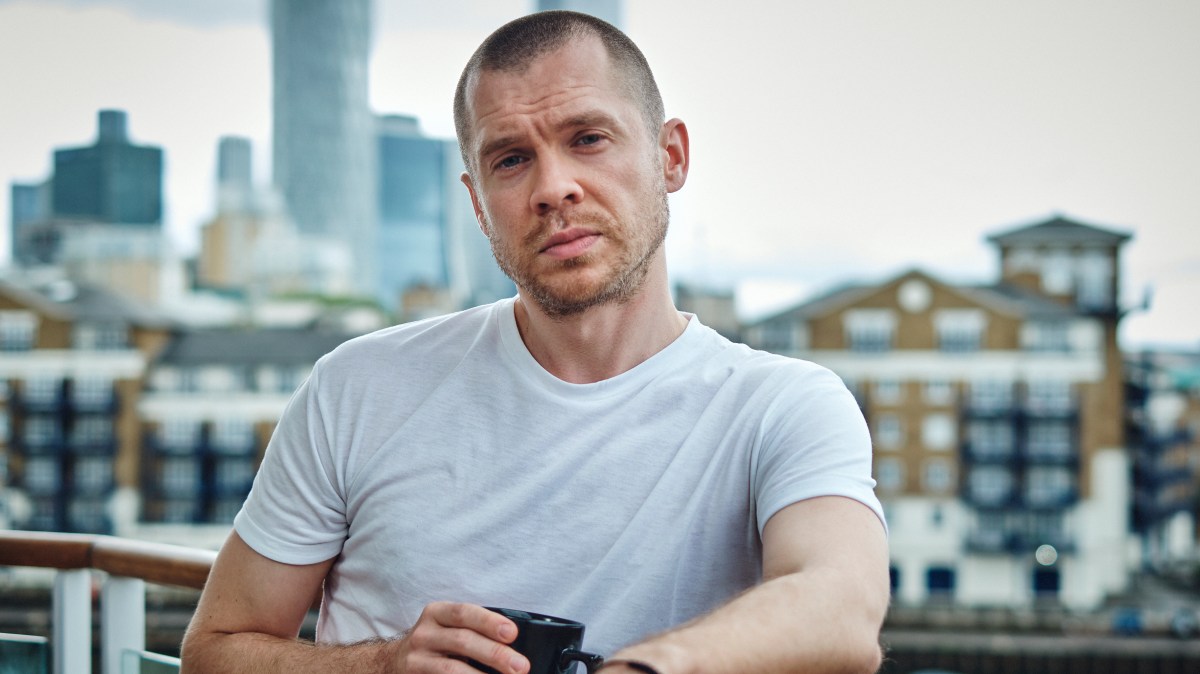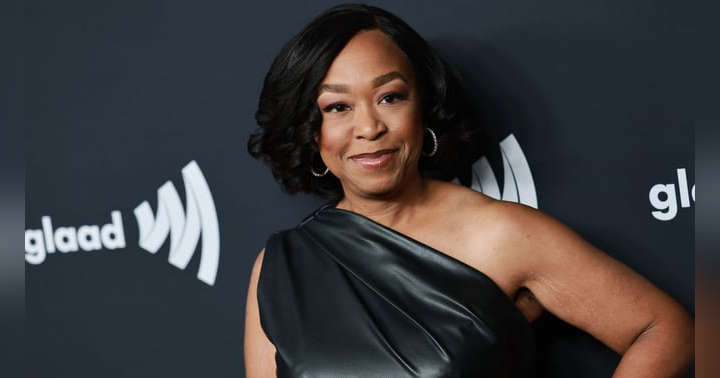Gary Stevenson on Trading, Trauma, and the Toxic Chase for Success

In an interview on On The Mend, former Citibank trader turned economic activist Gary Stevenson doesn’t just talk about finance — he talks about addiction. Not to substances, but to winning.
At 23, Stevenson earned £395,000 in bonuses, the result of generating $12 million for his bank in his first year. But instead of celebration, he sat outside in the cold, coatless, and numb. "It felt like a crime," he recalls. That moment marked the beginning of a downward spiral into obsession, isolation, and ultimately, a reckoning with what success really means.
From East London to Canary Wharf
Raised in Ilford, East London, in a working-class family, Stevenson’s early years were shaped by scarcity. His father worked at the Royal Mail for £20,000 a year. “We’d wake up early just to wave at his train going to work,” he remembers. That visceral memory of watching someone grind for decades to make ends meet planted a deep ambition in him.
He passed the 11+, went to grammar school, then the London School of Economics. At just 21, he landed an internship at Citibank. A year later, he became a full-time trader — right as Lehman Brothers collapsed.
For most, the 2008 financial crisis was catastrophe. For Stevenson, it was opportunity. He quickly rose through the ranks, not because he predicted market recoveries, but because he bet on economic decay — that inequality would keep widening and the middle class would keep shrinking. And he was right.
"I made money by betting the world would get worse. And it did. Again and again."
Success as Addiction
Stevenson frames his trajectory in the same language used for substance recovery. The podcast host, a recovering addict himself, points out: “You were hooked — not on drugs — but on success.”
Gary agrees.
"Once I got that taste of being the best, it became an obsession. Everything was a game. Everything was strategy. I couldn’t turn it off."
He recalls making millions off events like the 2011 tsunami in Japan and the European sovereign debt crisis — trades that felt morally uneasy but financially euphoric. He was dubbed "Citibank’s top trader" at 24.
And yet, he was collapsing internally.
In Tokyo, isolated from his friends, family, and language, the depression set in fully. "I started losing weight. I was living in a concrete flat with no furniture, just a mattress and a TV. I didn’t even care."
But he kept making money.
The Culture of 'Killing It'
One of the most damning observations Stevenson makes isn’t about banking, but about how society views success.
"You could be having a breakdown, but if you're rich, no one sees it as a problem. They just think you’re 'killing it.'"
He points to a colleague, a brilliant trader spiraling into cocaine addiction, who was shielded from concern simply because he was “the richest man I personally know.”
For early-stage founders, this hits hard. How often do we sacrifice our wellbeing in service of optics — the appearance of momentum, traction, and hustle?
Walking Away—and Then Coming Back
In 2014, Gary tried to quit.
The bank fought to keep him. Eventually, he took a sabbatical and left for Japan, hoping distance might offer clarity. What he found instead was that burnout doesn't respect geography. Still, he began to rebuild, slowly, with help.
In 2020, he returned to trading privately and simultaneously began publishing economic commentary on YouTube. When COVID hit, he wrote a viral article predicting the economic aftermath — the same sort of inequality he’d once profited from. Then came the book deal.
His memoir, The Trading Game, became the UK’s #1 best-selling nonfiction book. But writing it wasn't healing — it was another obsession. “I locked myself in a room for nine months. I wanted it to be like Goodfellas. I wanted it to hit hard.”
Turning Pain Into Purpose
Today, Gary Stevenson is still trading — but he’s also using his platform to warn others. About inequality. About burnout. About believing that money is the cure for pain.
And yet, he admits: “I know I’m working too hard again. I know I’m slipping back into obsession. But this is who I am. And now, at least, I want to use that for good.”
Key Takeaways for Entrepreneurs:
- Success doesn’t always feel like success. If your metrics are up but your mental health is down, it’s time to re-evaluate.
- Money won’t solve emotional wounds. In Gary’s words: “I believed the story that if I made enough, I’d be happy. But it wasn’t true.”
- The world glorifies unhealthy hustle. Don’t mistake productivity for purpose.
- You can reinvent yourself. Gary went from high-flying trader to economic truth-teller. He used the same skills — just aimed them differently.
"I wouldn’t change anything," he says. "I’m proud of what I achieved. But I also know I’ll always be healing."





